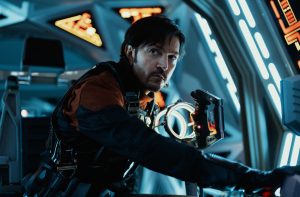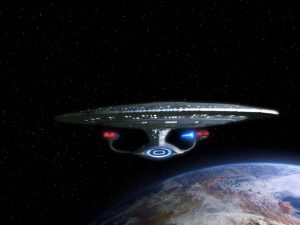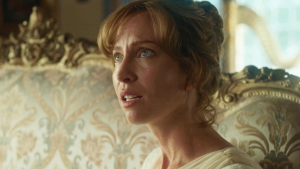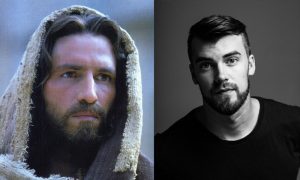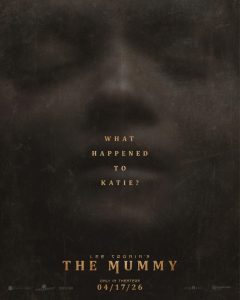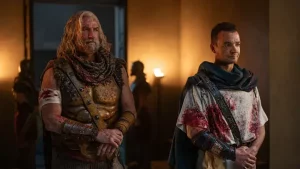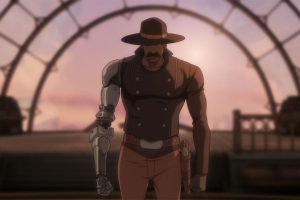
Rude, crude, violent, profane, and anarchic, the fourth wall-breaking Merc with a Mouth was always going to be a divisive figure. Largely driven in the creative space by its star Ryan Reynolds, Red has stayed faithful on the big screen to his irreverent comic book origins. Now the third installment Deadpool & Wolverine has arrived in cinemas to the rapturous applause and box office earnings of a delighted fanbase.
The most meta entry yet, the film is absolutely rammed with cameos from across Marvel movies’ history, features an on-the-nose farewell to 20th Century Fox, and a plot line that establishes the MCU as we know it as “the sacred timeline” so Deadpool and former Fox cohorts can slot in. It’s all very clever. It’s also comparatively agile in a way other superhero franchises are not.
Maybe you love all the gags and metatextuality, and the fond send off to the Fox franchise. Maybe you felt like it was too much fan service (we were somewhere in the middle), but whether you loved D&W or not so much, this really was the only logical direction for the film to go. Deadpool is a character who talks directly to the audience, and after the three films in his movie franchise (we are pretending 2009’s X-Men Origins: Wolverine does not exist), it’s clear he also listens.
Take the first Deadpool. When the test footage was “leaked,” there was an overwhelmingly positive response which helped get the movie greenlit. When the first trailer landed at SDCC, crowds went wild. A sweary, R-rated offensive renegade as a superhero was a breath of fresh air. A movie made for $58 million was able to be far more adventurous than the mega-budgeted superhero films of the MCU and DCEU at that time. It also didn’t pose as much of a risk to Fox. Deadpool’s marketing was heavily led by Reynolds in character, was heavily social media-focused, and didn’t rely on the contents of the film as much as it did the character of Deadpool. It was really different and it felt like it was made for the fans. This was the little film that could, the cheeky outsider that everyone was rooting for. That $58 million budget translated into a $782.8 million earnings. And of course a sequel was greenlit.
By the time Deadpool 2 arrived in 2018 the stakes were different. Deadpool was a safe bet, not an outsider. John Wick co-helmer David Leitch had replaced first-timer Tim Miller. The MCU tsunami was at its peak—Infinity War was released the month before Deadpool 2—and comic book movies were never more popular. But also the taste for super mean-spirited, vaguely homophobic, and hyper-sexualized humor had somewhat waned. Fortunately, Deadpool 2 read the room, cutting down on the meanness and telling a story that was ultimately really rather sweet. Deadpool 2 leaned heavily into metatextuality, with loads of X-Men and Wolverine references, scenes in Xavier’s mansion, and a closing sequence which sees Wade offing a Ryan Reynolds from the past before he can sign on to Green Lantern. It was another big hit.
And now, a whopping six years later, we’re in a different space yet again. Deadpool & Wolverine does try to pull on the heart strings, but the combo of the two leads means it couldn’t lean into that hard. Logan’s heartbreaking story has already been told. Wade and Vanessa’s love story has also been told (twice). There are shades of both narratives, but that’s not really what this film is for. Instead Deadpool & Wolverine is a movie about the state of the superhero movie as an idea, and at a time where the MCU is “at a low point” with only the Spider-Man movies still maintaining consistently high standards. It’s a turning point for Marvel post-Fox acquisition, and D&W serves as a commentary on that as well as a tribute to Fox properties gone by.
Deadpool nods at the Gambit movie starring Channing Tatum that will never happen, giving it a chance to live in the Void, but acknowledging it probably would have been rubbish. There’s a gag about the slated Blade remake never happening, and references to how Henry Cavill was treated “across the street” at DC as Superman, while Happy Hogan’s cameo harks back to 2018 where Wade is desperate to be an Avenger at a time when the Avengers were at their peak. In D&W Deadpool’s stance is that the MCU is currently off the boil, the focus on multiverses is a bit tiresome (but we’ll have to live with that for a while), the DCEU as was was too gloomy, and some of the Fox Marvel films were kind of hokey. Not exactly groundbreaking but essentially, what we were all thinking.
That might not make for an entirely satisfying movie, but it absolutely feels true to Deadpool, a character who is in constant dialogue with viewers. Isn’t that something to celebrate?
Imagine if the DCEU had been that agile rather than bluntly handing the keys to the kingdom to Zack Snyder, who bludgeoned us over the head with multiple dour entries until the whole thing became defunct. The DC keys are now handed off to James Gunn–and in a new model car to boot. He certainly feels closer to the zeitgeist. Imagine if Marvel had been as agile when they were making TV show after TV show and chucking them out in bulk. We’re not advocating for studios to be at the mercy of the most vocal internet voices, but Deadpool, of all characters, should be able to exist as part of pop culture–he is the star but he’s also a fan (or at least a critic) in his own right. So even if the “fan service” was a bit much for some, D&W is a logical evolution of the franchise, and an ultra contemporary comment on the state of blockbuster cinema with Wade Wilson the omniscient overlord.
Omniscient, since DP has Kevin Feige’s ear now, but by no means omnipotent. Taking potshots at Green Lantern and Fox Marvel is one thing, but this is Feige’s turf now, so while Deadpool makes jokes about not being allowed to have cocaine in the film, it’s not exactly anarchy. Which makes Deadpool all the more meta, a fictional character who purportedly cuts through the superhero bollocks to talk directly to the audience, but who is nonetheless controlled by the head of the biggest superhero vehicle in town.
Deadpool & Wolverine is in cinemas now.
The post Deadpool Is the One Superhero Movie Franchise That Evolves appeared first on Den of Geek.


